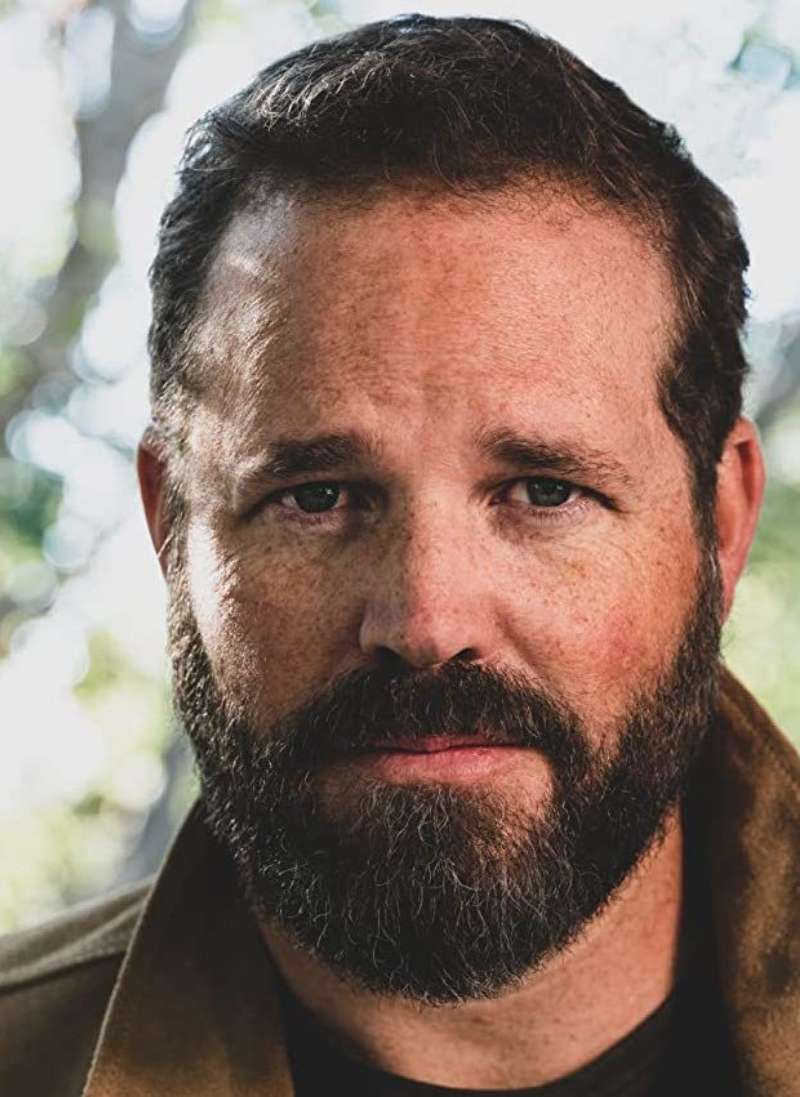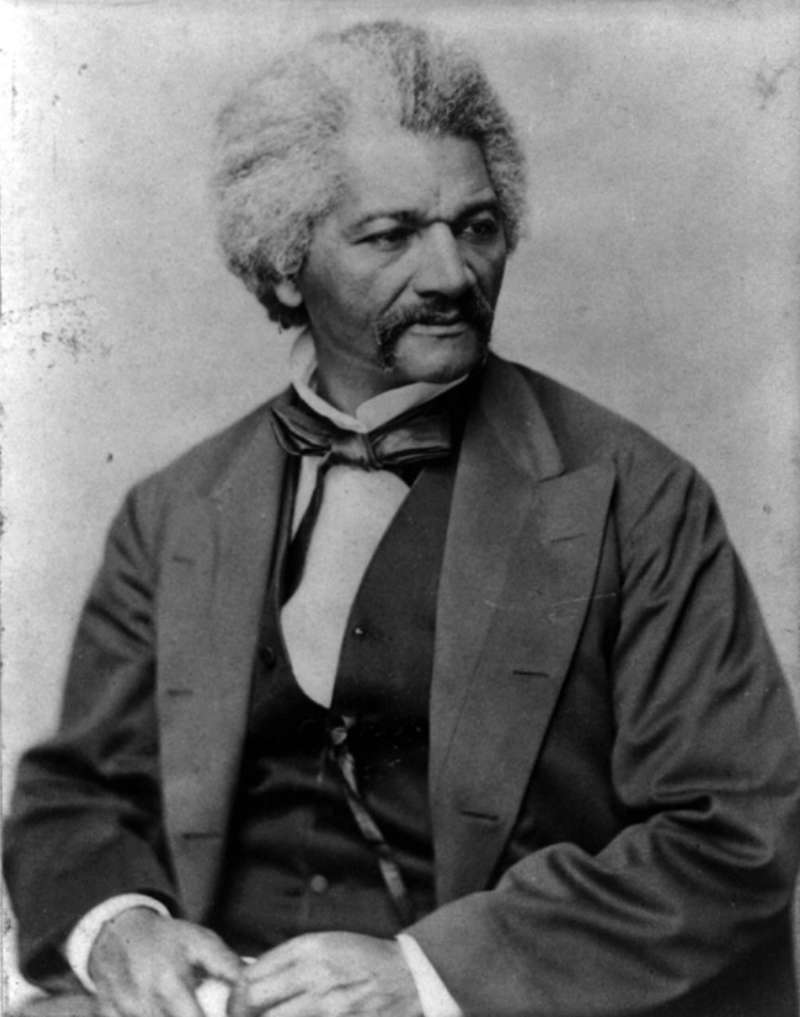Invitation Only
Theater of War: Hector, Andromache, and the Death of Astyanax: Cal Poly Humboldt
Translated, directed, and facilitated Bryan Doerries
This event has ended.
View upcoming events.
Thu, Oct 24.2024
Theater of War: Hector, Andromache, and the Death of Astyanax presents live, dramatic readings of selections from Homer’s Iliad, Book VI and scenes from The Trojan Women by Euripides—featuring acclaimed actors and a Chorus of Villanova students, from a variety of backgrounds, whose lives have been impacted by war—to help frame powerful, healing dialogue about the human cost of war, centered on the suffering of children and civilians.
Featuring performances by Nyasha Hatendi (Hunters, Swan Song), Taylor Schilling (Orange is the New Black, Dear Edward), David Denman (The Office,), Marjolaine Goldsmith (Company Manager, Theater of War Productions), and a chorus of Cal Poly Humboldt Community members: Jocelyne Takatsuno, Jeremy Webb, Brandon Roberts, Stone Vue, Tom Lukins, Kianna Znika, Jarrett Whitlow, Liz Whitchurch, Jasmine Jolly, Jeff Crane.
Translated, directed, and facilitated by Bryan Doerries.
The Theater of War performance at Cal Poly Humboldt is co-sponsored by President Michael Spagna, the Office of Academic Affairs, and the College of Arts, Humanities, and Social Sciences. The College is also responsible for organizing the performance.
Free and open to the Cal Poly Humboldt University and the Arcata community.
About the plays
-
Iliad, Book VI by Homer
The Trojan warrior Hector is confronted by his wife Andromache, who begs him not to return to the battlefield where she knows he will die. Hector explains the reasons he must leave her and their young son Astyanax to go back to battle and to his inevitable death. As he parts ways with his family, Hector reaches out to embrace his son, but Astyanax recoils in fear at the sight of his father’s helmet, which Hector removes before kissing and holding his son one last time.
-
The Trojan Women by Euripides
The selected scenes from Euripides’ Trojan Women take place at the end of the Trojan War, after Hector has been slain and Troy has been destroyed. Andromache and her son Astyanax are led through the ruins of the city on a wagon with Hector’s helmet and amour piled next to them. Andromache is being taken away by Achilles’ son Neoptolemus to live as his concubine and slave. The women of Troy, who have all lost their husbands in battle, mourn Andromache’s fate, as well as their own. Suddenly, a herald arrives and announces that the Greek army has decided to execute Astyanax by throwing him off the Trojan towers to prevent him from one day avenging his father’s death. Andromache says goodbye to her son before he is taken away and executed by Odysseus and she is taken from Troy on Neoptolemus’ ship. In the final scene, Astyanax’ body is brought to his grandmother Hecuba, the Queen of Troy, and the play ends with a funeral procession in which Astyanax is buried on his father’s shield while the remains of Troy are burned to ashes.
Cast Members
-

Ellen McLaughlin
-

Nyasha Hatendi
-

David Denman
-

Marjolaine Goldsmith
Explore Projects
-
 IncarcerationPrometheus in Prison
IncarcerationPrometheus in PrisonPrometheus in Prison is an innovative public health project that presents readings of Aeschylus’ Prometheus Bound, an ancient Greek play about god who is imprisoned for stealing fire and giving it to humans, as a catalyst for powerful discussions about the challenges faced by individuals, families, and communities whose lives have been touched by the criminal justice system. For the past decade years, this groundbreaking project has been used to open up healing dialogue in a variety of settings, including prisons, detention centers, and public venues throughout the country and the world.
-
 RacismFrederick Douglass
RacismFrederick DouglassFrederick Douglass is a project that presents dramatic readings of Douglass' speeches by professional actors as a catalyst for powerful dialogue about racism, inequality, civil rights, education, and the legal system with the objective of fostering compassion, understanding, and positive action.
-
 Consent & Sexual ViolenceTape
Consent & Sexual ViolenceTapeTape has been developed as a sexual assault awareness and prevention training program that uses dramatic readings of Stephen Belber’s 1999 play to ignite powerful discussions about consent, sexual assault, rape, and power dynamics.